EDITORIAL
Published on 20 May 2022
Editorial: Advances on the Gametocyte Biology, Host Immunity and Vector Stages to Interrupt the Transmission of Malaria
doi 10.3389/fcimb.2022.918489
- 2,104 views
12k
Total downloads
50k
Total views and downloads
EDITORIAL
Published on 20 May 2022
ORIGINAL RESEARCH
Published on 07 Apr 2022
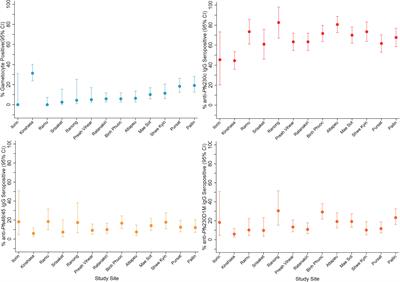
REVIEW
Published on 16 Feb 2022
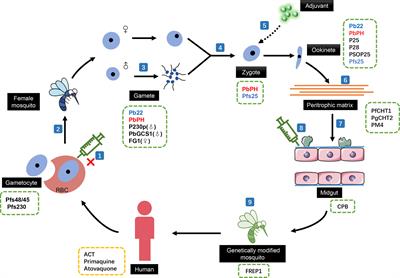
ORIGINAL RESEARCH
Published on 11 Feb 2022
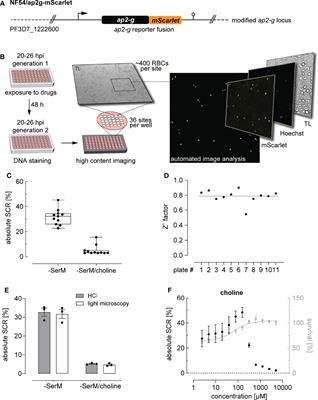
ORIGINAL RESEARCH
Published on 13 Jan 2022
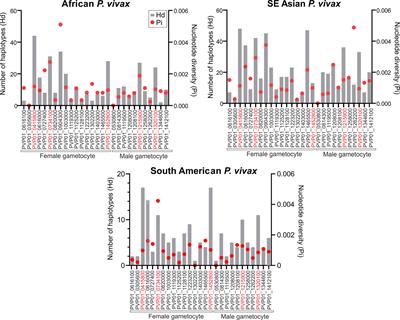
ORIGINAL RESEARCH
Published on 22 Dec 2021
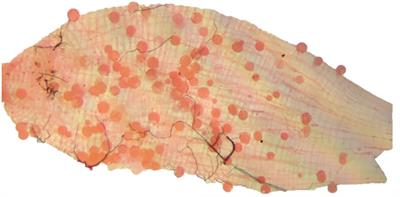
MINI REVIEW
Published on 08 Dec 2021
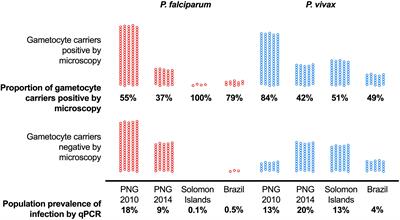
REVIEW
Published on 02 Dec 2021
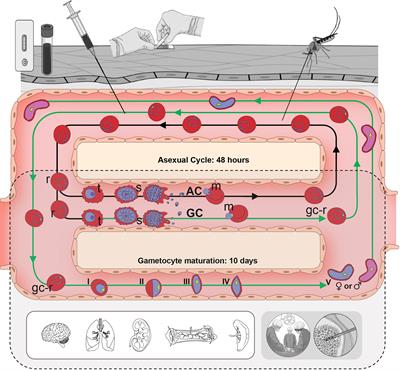
MINI REVIEW
Published on 30 Nov 2021
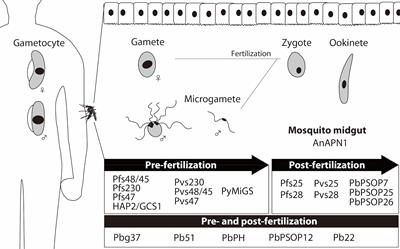
ORIGINAL RESEARCH
Published on 25 Nov 2021
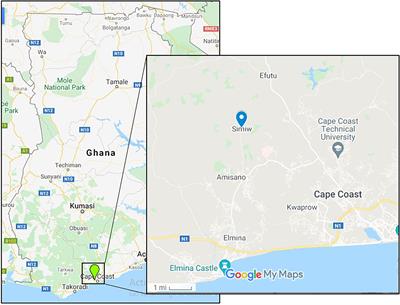
ORIGINAL RESEARCH
Published on 12 Nov 2021
